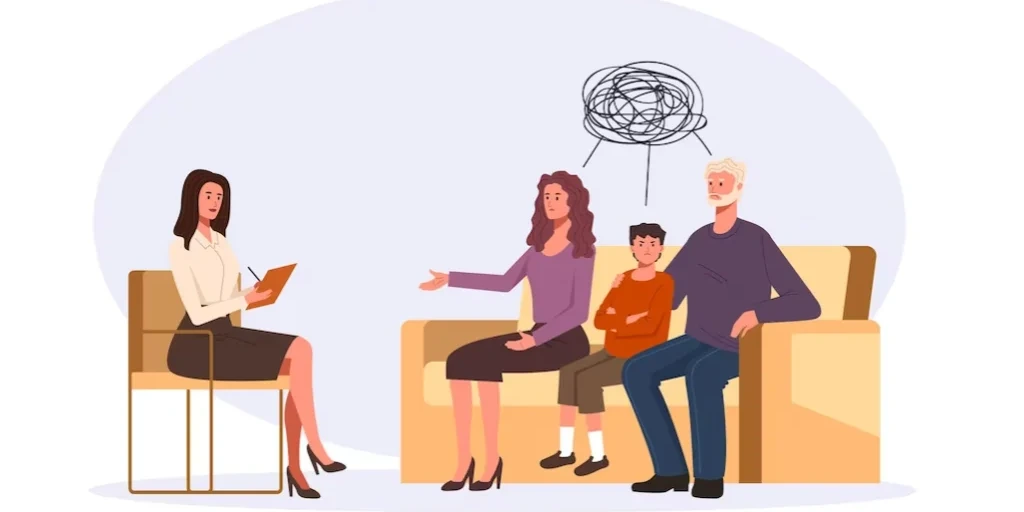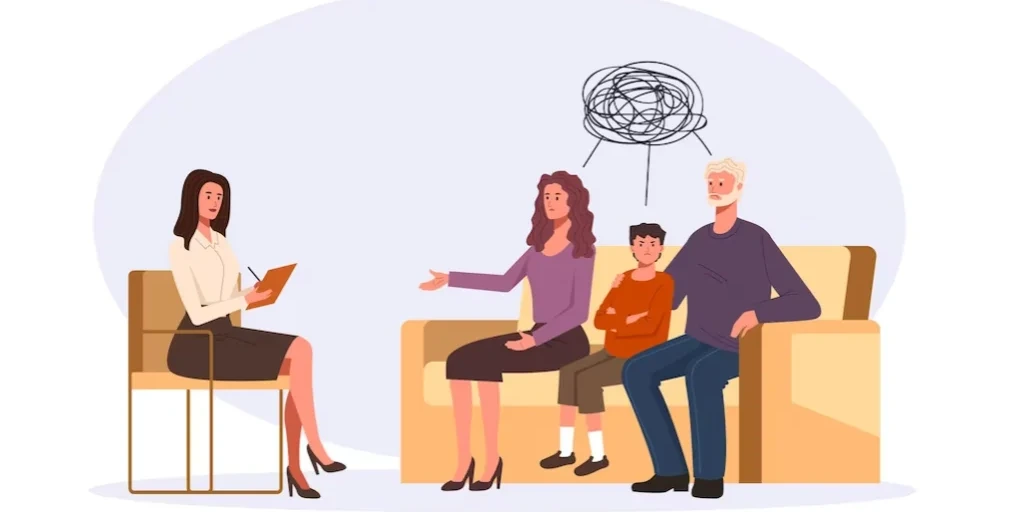24/7 Helpline:
(866) 899-221924/7 Helpline:
(866) 899-2219
Learn more about Ecstasy Rehab centers in West Sacramento
Ecstasy Rehab in Other Cities

Other Insurance Options

Self-pay options

MVP Healthcare

Sliding scale payment assistance

BlueShield

CareFirst

Humana

Health Choice

UnitedHealth Group

BHS | Behavioral Health Systems

Amerigroup

Choice Care Network

Sutter

Horizon Healthcare Service

WellCare Health Plans

MHNNet Behavioral Health

Molina Healthcare

Lucent

Kaiser Permanente

Oxford

Optima

CommuniCare Health Centers – Behavioral Health
CommuniCare Health Centers–Behavioral Health, in West Sacramento, California, offers outpatient ment...

Department of Alcohol Drug and Mental Health Services
Department of Alcohol Drug and Mental Health Services is a public rehab located in West Sacramento, ...


Pine Tree Gardens
Pine Tree Gardens is a non-profit rehab located in Davis, CA. Pine Tree Gardens specializes in the t...

Department of Alcohol Drug and Mental Health Services
Department of Alcohol Drug and Mental Health Services is a public rehab located in Davis, California...

Clarksburg Comprehensive Treatment Center
For those who are struggling with an opioid addiction. As a leading provider of care, Clarksburg Com...

Clarksburg Treatment Center
Clarksburg Treatment Center is a private rehab located in Clarksburg, West Virginia. Clarksburg Trea...
















































Recovery Happens Counseling Services
Recovery Happens Counseling Services is a private rehab located in Davis, California. Recovery Happe...

Adventist HealthCare Behavioral Health and Wellness Services
Adventist HealthCare Behavioral Health and Wellness Services - Gateway Center Drive is located in Cl...

West Texas Centers – Runnels County
West Texas Centers - Runnels County is a private rehab located in Winters, TX. West Texas Centers - ...

Spero Health – Clarksburg
Spero Health – Clarksburg is a private rehab located in Clarksburg, West Virginia. Spero Health – Cl...














































































































































